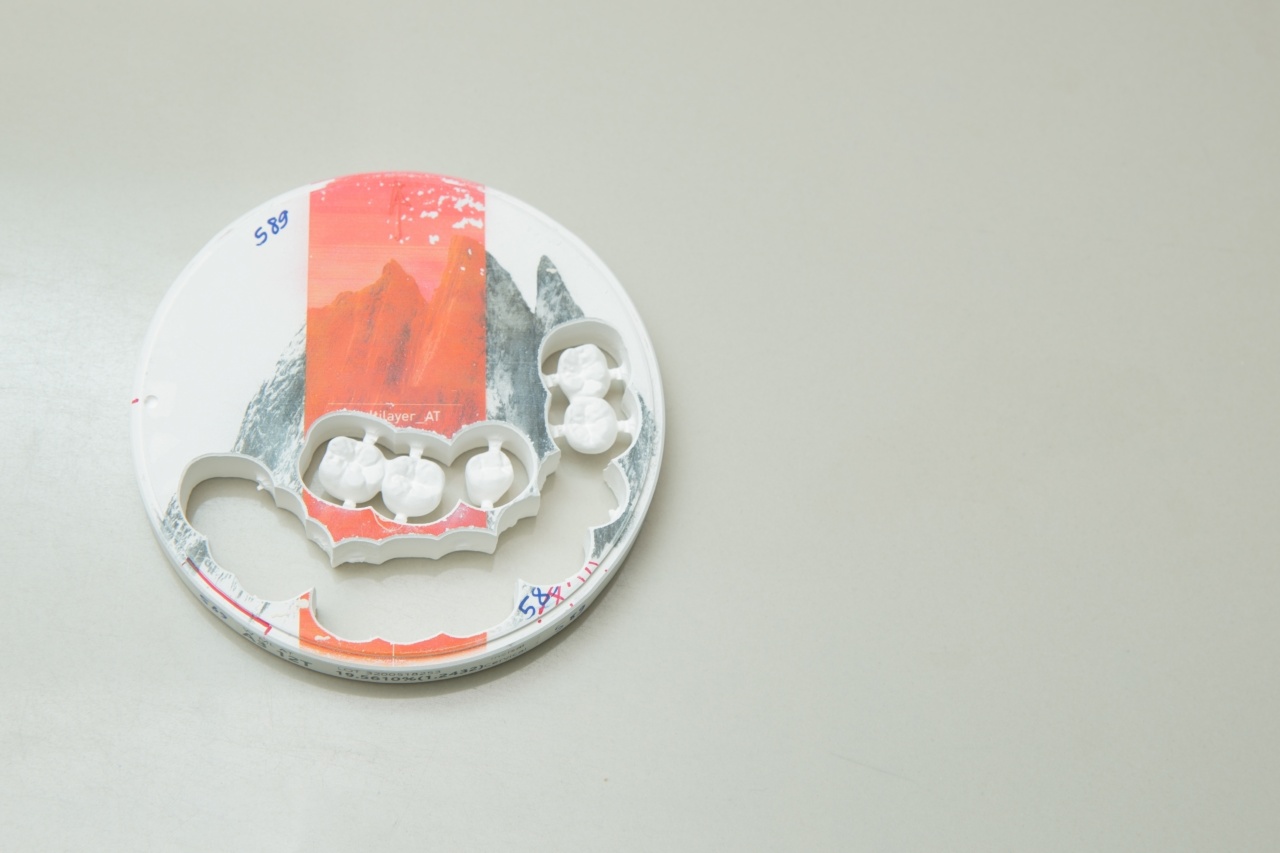Do you find yourself breathing through your mouth instead of your nose? A lot of people do it unconsciously, but if you’re a frequent mouth breather, it can have some negative impacts on your health.
Here are five reasons why you should aim to fix your mouth breathing habit.
Reason #1: Poor Sleep Quality
Mouth breathing at night can cause significant disruptions to your sleep quality. When you breathe through your mouth, you’re not getting enough oxygen, and that can cause you to wake up feeling tired even after a full night’s sleep.
Additionally, mouth breathing can cause snoring and sleep apnea, which can worsen your quality of sleep and even lead to more severe health problems.
Reason #2: Dental Problems
Mouth breathing can cause a range of dental issues, including dry mouth, bad breath, and a higher risk of cavities and gum disease.
When you breathe through your mouth, your saliva production decreases, which means your mouth’s natural defenses against bacteria are reduced.
Reason #3: Facial Development Issues
Mouth breathing can affect the development of your face and jaw. In children, mouth breathing can cause the face to grow longer and narrower, resulting in crooked teeth and poor jaw alignment.
Correcting mouth breathing in children is crucial for preventing long-term orthodontic issues.
Reason #4: Decreased Exercise Performance
When you breathe through your mouth during exercise, your lungs have to work harder to get enough oxygen to your body. This can lead to decreased exercise performance, more fatigue, and a higher risk of injury.
Reason #5: Health Issues
Chronic mouth breathing has been linked to a range of health issues, including headaches, asthma, allergies, and even high blood pressure. If you have a mouth breathing habit, it’s worth addressing it to potentially avoid these health problems.
How to Fix Mouth Breathing
If you’re a mouth breather, it can be challenging to change your breathing habits. However, there are some strategies and habits you can adopt to help breathe through your nose more naturally.
Check for Nasal Obstructions: First, check if there are any physical obstructions in your nose. If you have a deviated septum or nasal polyps, it might make it hard to breathe through your nose.
In that case, talk to your doctor about treatment options.
Use a Nasal Dilator: Nasal dilators are small devices that you place inside your nostrils to help open them and make breathing through your nose easier.
Practice Nasal Breathing Exercises: Breathe in through your nose for four seconds, hold your breath for four seconds, and exhale through your mouth for four seconds.
Repeat several times a day to help train your body to breathe through your nose.
Practice Good Posture: Maintaining good posture, especially when sitting or standing, can help improve your breathing and encourage you to breathe through your nose.
Conclusion
While it can be challenging to change a lifelong habit of mouth breathing, the benefits are well worth the effort. Improved sleep quality, dental health, and exercise performance are just a few of the benefits that come with breathing through your nose.
If you’re a mouth breather, we encourage you to try some of these strategies to help break the habit.






























